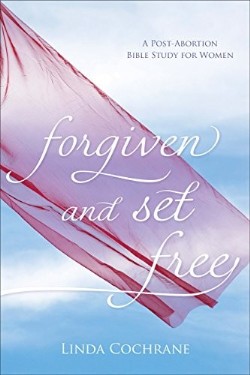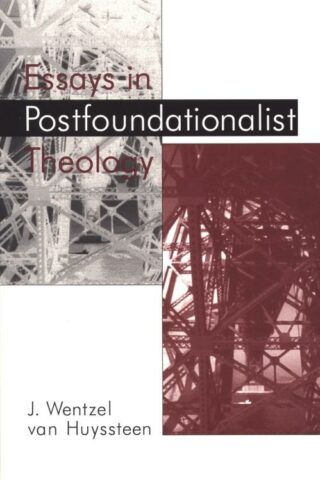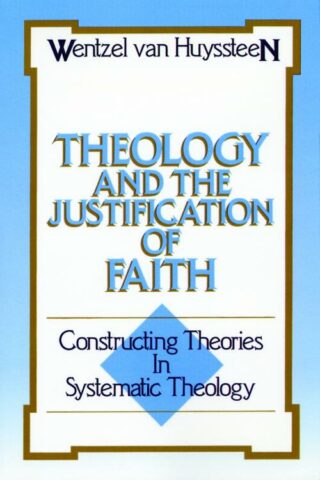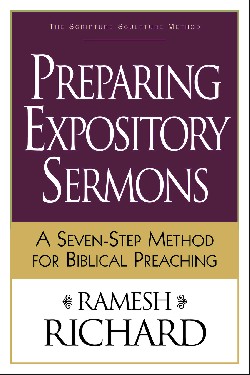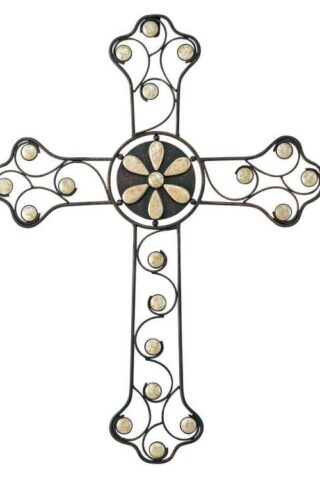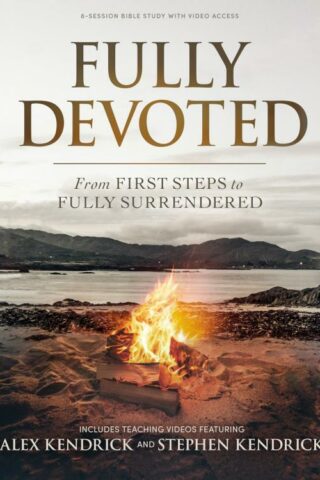J. Wentzel VanHuyssteen
Showing all 2 resultsSorted by latest
-
Essays In Postfoundationalist Theology A Print On Demand Title
$38.99How and why do some of us hang on to religious faith amid the confusion of this postmodern age? How can we speak of the certainty of faith or of passionate commitments and deep convictions in a postmodern context that celebrates cultural and religious pluralism? Can Christian theology ever really claim to join this postmodern conversation without retreating to an esoteric world of private, insular knowledge claims? Finally, how does theological reflection relate to other modes of intellectual inquiry, and especially to scientific knowledge, which very often goes unchallenged as the ultimate paradigm of human rationality in our times?
This collection of essays in philosophical theology boldly addresses many of the challenges faced by Christian theology in the context of contemporary postmodern thought. Through a series of profound discussions of theology in relation to epistemology, methodology, and science, J. Wentzel van Huyssteen presses the case for a “postfoundationalist theology” as a viable third option beyond the extremes of foundationalism and nonfoundationalism.
The essays in Part 1 explore the dynamics involved when a philosophical theologian enters the interdisciplinary conversation with strong personal convictions. In the process, van Huyssteen critically engages with the work of Wolfhart Pennenberg, Nancey Murphy, and Jerome Stone. Part 2 focuses on the need for Christian theology to break out of an insularity that is concerned only with its own contemporary intellectual world. Part 3, which begins in dialogue with Gerd Theissen, turns to some of the important issues in the current theology-and-science dialogue as concrete examples of interdisciplinarity in postfoundationalist theology.
Handling abstract themes in a remarkably clear and concise way, this volume sets forth the convincing argument that only a truly accessible and philosophically credible notion of interdisciplinarity will be able to pave the way for a plausible public theology that can play an important intellectual role in our fragmented contemporary culture.
Add to cartin stock within 3-5 days of online purchase
-
Theology And The Justification Of Faith A Print On Demand Title
$27.99This book deals with the epistemological problems of rationality and of theory construction in theology. Van Huyssteen analyzes the principal models of rationality, examines the conceptual models of Wolfhart Pannenberg and Gerhard Sauter, and finally discusses the metaphoric nature of religious language and develops criteria for the structuring of a “critical- realist rationality model.”
Add to cartin stock within 3-5 days of online purchase





